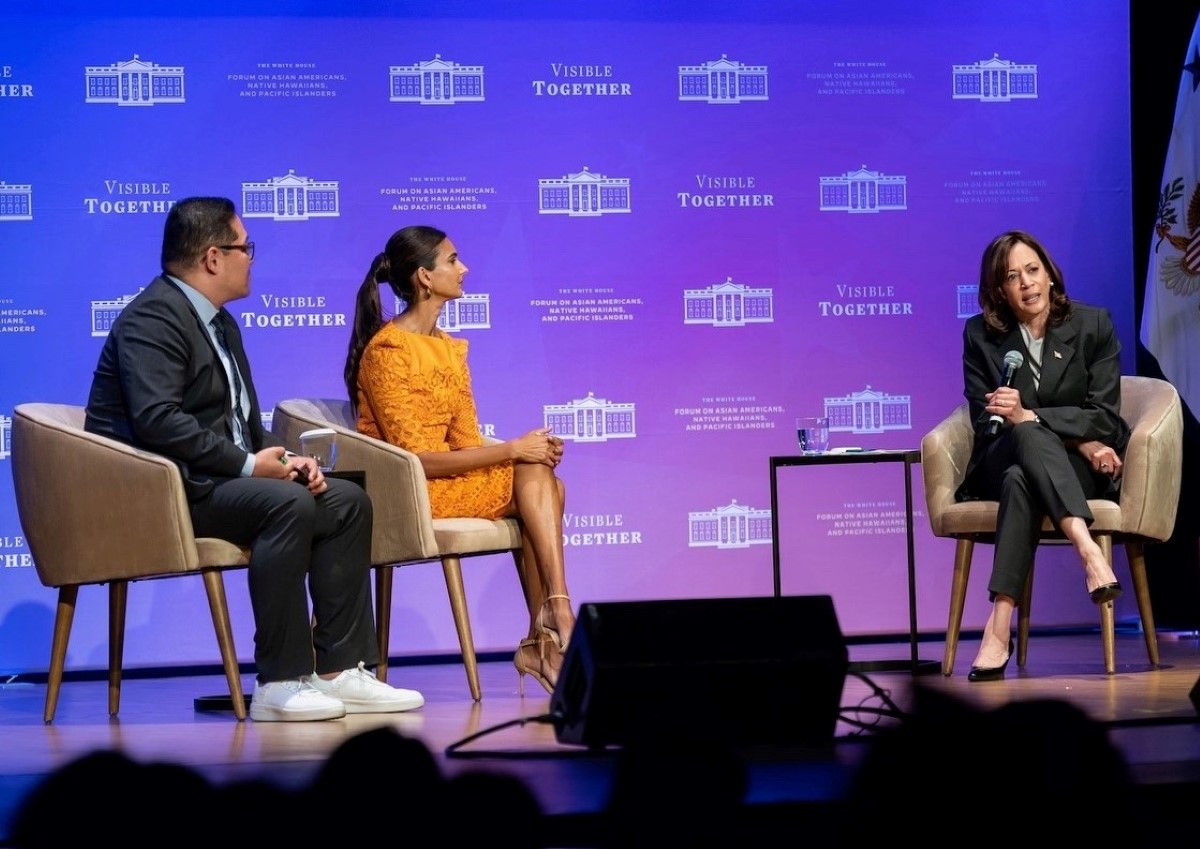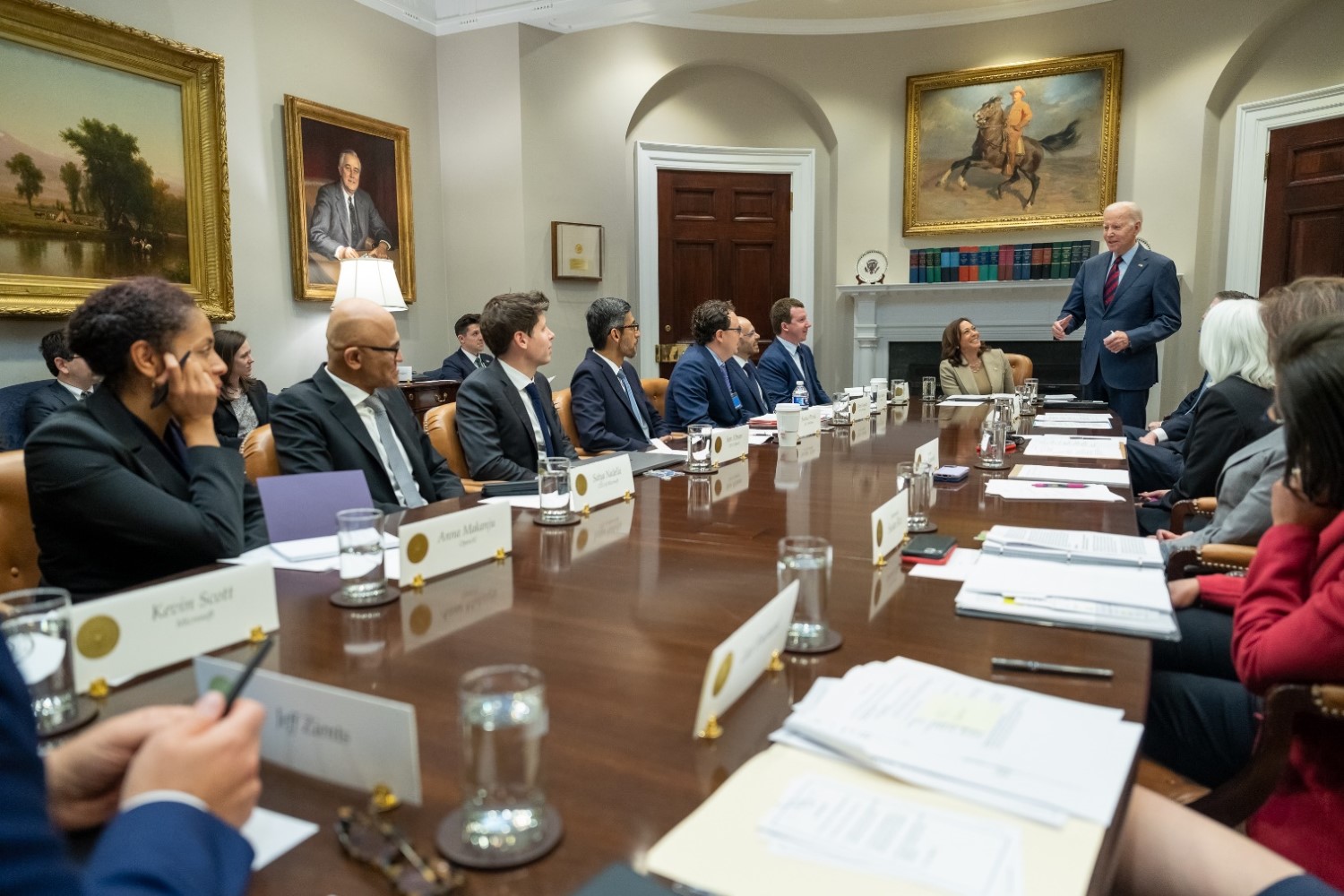Small Businesses on Hunting “Bittersweet” Pies from the Government

The global economy was projected to recover from the mayhem unleashed by the COVID-19 pandemic in 2022. But then, on February 24 of that year, Russia invaded Ukraine, throwing the economy into chaos. Even so, this is just a part of a tsunami that’s going to overwhelm us.
To address the enormous challenges confronting humanity at the scale and speed required, businesses must collaborate with governmental authorities to deliver long-term results. Certainly, business is difficult. Doing business with the government is considerably more difficult. When working with such a large business, the opportunities and pitfalls are enormous.
The US government is the world’s largest consumer, and its federal procurement system provides multiple opportunities to businesses. Working inside this system, businesses of all sizes may find novel avenues for trading their products or services.
Sweet Pie that Appeals All kind of Hunters
Business to Government (B2G) refers to the business model in which government agencies obtain services, information, or goods through third-party vendors.
Government agencies engage in B2G transactions whenever they purchase services, software, or information from other businesses, whether they are acquiring business phone systems from network providers or using time and attendance software.
The B2G business model allows firms to bid on government contracts or promote their products to government entities that may require them. Essentially, if your company has something that a government agency requires, you can conduct a B2G transaction.
Spreading your business to the United States is a terrific method to significantly develop your business. The federal government of the United States spends billions of dollars each year, making it the world’s largest consumer.
The United States of America’s federal government is the world’s largest consumer of goods and services. This concept gave birth to the federal procurement data system, which is often disorganized by many institutions.
The federal government is a group of thousands of customers who buy everything from the paperclips to bolts and nuts and even aircraft carriers.
With so many requirements, government organizations place orders in bulk or all at once. Most of the time, these customers are aware that they require a specific product or service, but they are unaware about the quantity or frequency with which they require it.
This concept introduces a new aspect to government contracts that does not exist in private enterprises.
Each year, 90,000 state and local government agencies spend more than $1.5 trillion on contracts with private enterprises, and the federal government of the United States spends another $649 billion – a $2 trillion potential (about 10% of U.S. GDP).
Public servants are an appealing new consumer segment for startups, especially as the macroeconomic situation grows more challenging. Furthermore, selling to governments represents a tremendous chance for real impact.
And, with the many financial legal frameworks that were implemented in 2021 to promote the economy, there are numerous chances available to businesses.
All of these advantages seem fantastic and intriguing. However, doing business with the government is difficult due to the numerous obstacles that need to be cleared.
Glamorous “Wins” that Always Come after a Set of Challenges
Choosing to work as a government contractor is a major commitment. As an involved party, you will have to devote your time and resources in preparing your company to enter the government contracting industry.

Unlike other sales models, the B2G ecommerce model is complex and necessitates rigorous adherence to business regulations and conditions as a result of government oversight and intervention.
In most circumstances, state agencies will draft pre-negotiated contracts, issue tenders, and invite enterprises to bid.
Businesses who meet the government’s stringent requirements will now compute the fee and submit the project’s pricing. The government will then analyze and select the best fit before signing a B2G contract with them.
When working with government agencies, firms that are used to interacting with other businesses or directly with consumers frequently face unanticipated challenges.
Governments typically take longer than private enterprises to authorize and begin construction on a project. Regulation can stymie the overall efficiency of the contracting process.
Additionally, government contracting is one of the world’s most strictly regulated sectors. As a result, most government contractors have built internal controls to reduce the risk of noncompliance due to employee conduct.
Controls based simply on the contractor’s internal operations, however, are insufficient to safeguard the contractor from compliance risk in this era of business process outsourcing and contracting out other key services to third party contractors.
Although businesses may rely on third-party service providers, the management team holds the ultimate accountability of safeguarding a successful system of internal control.
Noncompliance by a third-party vendor is likely to be interpreted as noncompliance by the contractor by the government. Taking on this third-party obligation has become one of the most difficult challenges for businesses as more and more procedures are outsourced to third-party providers.
Even with the difficulties not yet solved, but in the setting of the world right now, that demands a collaborative partnership to confront the problems that are getting serious.
It’s time for the Government to Bet on Troubleshooters
According to Leon Panetta, former US Defense Secretary and one of the speakers at CNBC’s Technology Executive Council Summit in New York, the United States has fallen behind other countries in investing in new technologies such as artificial intelligence and quantum computing, and this is affecting how the country is viewed by other countries such as China.
The key to dealing with cyber threats from China, Russia, and other countries is to build deterrents and demonstrate to these countries that the United States is strengthening its position so that it can respond to cyber-attacks.
Panetta believes that rather than breaking up with “big tech” businesses, the emphasis should be on forming partnerships to develop technology in general. “If we try to undermine our country’s technology companies, we will hurt our ability to compete; it’s that simple,” he stated.
If, on the other hand, the government and technology firms can collaborate to design techniques on which both sides can agree, “then America can present to the world a united front that I think can represent the kind of force we need in order to leapfrog technology into the future,” Panetta said. “And that is what we must do if the United States is to remain the world’s leader.”

That’s the rising problem that longs collaboration between the government and companies, however, there’s a bigger threat.
Climate change is an existential threat to humanity, with temperatures rising and extreme weather patterns becoming more intense and frequent. Combating the climate catastrophe necessitates a multifaceted strategy.
Business competition will always play an important role in inspiring innovation. It can also motivate businesses to pursue sustainable goals on their own, offering consumers the products they want while generating profits for businesses.
However, this is not always the case. More sustainable items may not reach the market because a corporation is concerned about freeriding on the investments required to promote and educate consumers about sustainable products.
No government or organization can solve climate change alone. Because of the magnitude and urgency of the situation, it is essential to combine resources, expertise, people power, and tactics.
Not to mention that global health concerns cannot be addressed by a single institution or sector; it requires collaboration among governments, businesses, and civil society with complementary resources and knowledge.
The debate should no longer be about whether the private and public sectors should collaborate; rather, it should be about how we can ensure that we build on the best aspects of each.
Working in an elaborate partnership environment of public and private sector is undeniably more difficult, but these problems should not detract from the fact that it will be the only path to sustainability.
Active Predators in the Wood to Watch Out
Talking about government contracting companies, we need to bring Lockheed Martin on.
Lockheed Martin is an American defense, information, and national security technology company located in North Bethesda Maryland, Washington DC.
The company performs research, designs, develops and manufactures satellites, space vehicles and intelligence systems which are essentially out of the scope of non-government consumers. Lockheed Martin also handles the fighter jets program for F-16s, F-22s, F-35s even radar and guided missiles.

It also processes information for law enforcement and other federal agencies. The company noted in its 2011 fiscal year report that 82% of its sales came from U.S Government contracts.
Or The Boeing Company, the Chicago Illinois-based company is known for its commercial airline in the market but has been primarily dealing with the U.S government.
The Boeing Company is one of the world’s largest aerospace companies and a leading manufacturer of commercial jetliners, space and security systems. It made more than 25 billion dollars worth of contracts working on the government’s Airforce One planes.
One of Boeing’s largest contracts was in 2011 for fixing wing aircraft and airframe structural components. Aside from traditional aircraft, Boeing was also given a project amounting to over $1 Billion by NASA.
The Boeing Company also makes guided missiles, ammunition, and explosives. They also build radar equipment, satellites, weapons, launch systems, and performance-based logistics and training.
Not to mention Raytheon Technologies, headquartered in Waltham, Massachusetts, is a renowned global defense contractor specializing in the production of weapons, guided missiles, and missile defense systems.
Known for its iconic Tomahawk cruise missiles supplied to the U.S. Navy, Raytheon also develops cutting-edge satellite sensors, radar technology, and digital communication systems.
Additionally, the company offers air traffic control solutions, professional services, and operates federal offices. Following the merger with United Technologies Corp in April 2020, Raytheon Technologies has further strengthened its position as a leading provider of defense solutions.
Looking at the list, we can see that mammoth corporations may dominate the government contracting industry, but that does not mean that small businesses don’t stand a chance to win a government contract.
With the existence of developmental policies and upcoming industry reforms that aim to further level the playing field for small-time government contractors, doing business with the federal government does not sound too impossible anymore.
Small Business Take on the Behemoth Dominated Field
In 2020 alone, the federal government awarded a record-breaking $682 billion in federal government contracts, with a sizable percentage going to small enterprises. Given such an appealing “pie”, doing business with the federal government can open doors to new opportunities for small companies.
To be successful in creating connections with government agencies, businesses do not need to start with a huge, flashy contract with a major metro; instead, they need a product that is purpose-built for the public sector and performs effectively for at least one government user.
Even if a company has a product available for the private sector, selling to governments is a different story. Begin by prioritizing access to public sector users so that companies can produce the correct product and demonstrate that it works for at least one agency.
For example, Binti, a startup with a product in the private adoptions area, has agreed to collaborate with the Health and Human Services agency on a high-priority topic. It was taking more than 300 days to review possible foster care parents’ applications, which was too long for families and children who wanted quick results.

The Binti team collaborated with HHS staff for four months on an unpaid product co-development project to create a new product that greatly cut processing time, enhanced the efficiency of social workers, and eventually boosted the number of applications received.
Binti did not try to market the private adoption product they developed to governments; that strategy would have most certainly failed. Instead, it recognized a specific need in collaboration with another organization and invested in co-creating a product.
This technique enabled it to obtain a contract with HHS while also assisting the company in developing the correct product and generating proof to de-risk the product for other governments.
There is no magic formula for determining where companies can plug in the most effectively. Begin with research, as with any sales or business development task. Investigate local government websites, listen to local news channels, and attend town hall meetings.
Consider attending professional organization meetings (or even paying for a sponsorship to have the problem on the agenda) to solicit problem suggestions or get closer to your target audience.
Some governments even have initiatives aimed at connecting new ideas with government stakeholders, such as Pittsburgh’s PGH Lab, Innovate Durham, or the MBTA’s Innovation Proposals program.
Understanding the government procurement process is critical to achieving success. For contracts exceeding a specific dollar threshold, government buyers are typically obligated to purchase from companies who have gone through a formal competitive request procedure.
This process might take several months and can be difficult to navigate. It is critical to plan with your champion and have plans in place for making the sale and minimizing expenses.
Consider offering a proof of concept or low-cost pilot under the agency’s competitive procurement threshold to achieve short-term victories. To avoid potential delays, it’s necessary to be cautious and grasp the agency’s formal procurement process.
Engaging value-added resellers or keeping contract values below certain limits can also aid in avoiding the competitive solicitation process. Building long-term connections entails establishing direct contact with government customers, which may be accomplished through the request for proposals (RFP) procedure.
Including cooperative or piggyback wording in contracts can help companies win more contracts and sell to other agencies without having to go through another RFP process.
Bottom lines
After 2009, when the global financial crisis produced the Great Recession, and 2020, when COVID-19 lockdowns brought the worldwide economy to a halt, 2023 is anticipated to be the third-worst year for global economic growth this century.
Analysts predict that the world’s biggest economies, including the United States and the United Kingdom, as well as the eurozone, will enter a recession this year as central banks continue to raise interest rates in an effort to curb rising inflation.
Kristalina Georgieva, the chief of the International Monetary Fund, has warned that a third of the global economy could experience a recession in 2023, which she describes as a “tougher” year than 2022.
Yet we understand that anytime a crisis arises, it’s not the end of the world, rather, it’s filled with opportunities for the new rise who’s providing the solutions to the broken world. Now, it’s not about who will get the most out of that pie, but about laying the groundwork for the joint prosperity and well-being of society. That is essentially the insight underlying the collaboration between businesses and the government.








